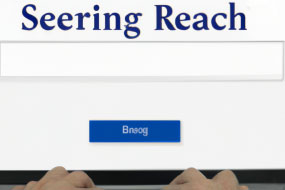
As an online business owner, you know that search engine optimization (SEO) is critical to your success. But did you know that having a SSL certificate on your website is now a ranking factor? In this ultimate guide, we'll explore the benefits of SSL certificates for SEO and show you how to get started.
What is an SSL Certificate?
An SSL (Secure Sockets Layer) certificate is a digital certificate that authenticates the identity of a website and encrypts sensitive information to protect it from hackers. When you have an SSL certificate, the connection between the user's browser and your website is secure, indicated by the HTTPS protocol and a padlock icon in the browser's address bar.
How Do SSL Certificates Affect SEO?
In August 2014, Google announced that HTTPS would be used as a ranking signal, meaning that websites with SSL certificates would rank higher in search engine results pages (SERPs) than those without. Although the impact is currently minimal, it is a sign that Google is prioritizing website security for its users. Furthermore, a secure website can lead to higher user engagement, lower bounce rates, and increased trustworthiness, all of which are additional ranking factors.
Types of SSL Certificates
There are three main types of SSL certificates: domain-validated (DV), organization-validated (OV), and extended-validation (EV). DV certificates are the most basic and only verify the domain name, while OV and EV certificates require additional manual verification of the organization behind the website. Although all types offer encryption, OV and EV certificates can provide additional trust signals and are recommended for e-commerce websites and other sites handling sensitive information.
How to Get an SSL Certificate
You can obtain an SSL certificate from a Certificate Authority (CA), which is a trusted third-party entity that issues digital certificates. Many web hosting companies now offer SSL certificates as part of their hosting packages, making it easy to implement. Once you have obtained the certificate, you need to install it on your web server and configure your website to use HTTPS. There are numerous online guides and tutorials available to help with this process.
Conclusion
In conclusion, having a SSL certificate is not only important for website security, but also for SEO. As Google's emphasis on website security continues to grow, it is essential for online businesses to invest in SSL certificates. By encrypting user data and improving user trust, SSL certificates can improve your website's SEO performance and ultimately contribute to your business's success.
















